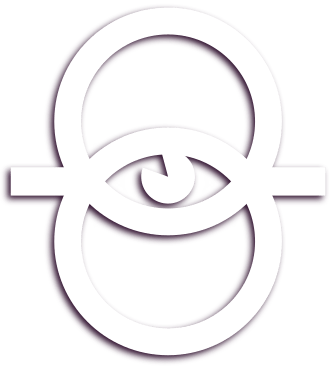The Childhood Fear Program
Introduction
In another post, I talked about the True Purpose of life, which is the ultimate purpose to pursue. You can can read about it by clicking here. In this post, I’d like to show you what stops most people from finding or living their true purpose in life … and it’s fear.
Fear
Fear is one of the most misunderstood concepts on the planet (as is the opposite of fear, which is love), and so I’d like to first clarify what I mean by fear.
When I talk about fear, I’m not talking about rational fears, such as as a fear of snakes, fear of heights, or a fear of suspicious characters in dark alleys (especially if they’re carrying a snake!). Those fears are trying to keep you safe, and need to be respected.
What I’m talking about here are irrational fears – all the “silly” personal fears such as your fear of change, fear of criticism, fear of failure, fear of rejection, fear of failure, and so on. It’s a long list.
You've always had them!
You’ve always had those fears, because you developed them in childhood. And I’m only going to focus on the negative aspects of your childhood in this blog post, because focusing on the negative is exactly what you did as a child, and exactly how your fears were formed.
You see, you weren’t born with fear. You were born perfect and pure, full of joy and love, which is why babies have such a “strange divinity” in their eyes.
Consequently, you didn’t focus on the positive stuff in your childhood – the fun, joy, peace, love – because it was just normal to you, and you mostly took it for granted.
Positivity simply meant everything was safe and OK in your world. Your beautiful little default-loving-nature loved it, expected it, needed it.
Negativity on the other hand, was absolutely terrifying to you. It was so foreign to your beautiful little default-loving-nature - so shocking, so unexpected. It meant, everything was NOT OK or safe in your world, and you focused on it intensely.
You focused on every scary sight, sound, or drama in your world. You focused on every negative put-down, problem, or person. You saw all the tears, fears, and failures. You also felt the fears of everyone around you, often perceiving them as your own.
And you eventually developed your own pattern of fearful thought – anxiety, scary dreams, the monster under the bed, etc – which you over-focused on as well.
And you didn’t just focus on them; you stored them! Your subconscious mind (fully developed at birth) faithfully recorded and stored every single fearful experience you focused on, at a staggering 20 million bits of information a second!
Those records formed into a series of fearfully-bias belief-systems about the outside world, people, and even yourself. And those beliefs were stored with none to very little conscious reasoning, and so most of them are quite silly and make no sense.
And those beliefs were stored in your child-mind, at the same time your child-brain was developing millions of neurons and neural networks every single day, which meant those beliefs were quite literally burned into your brain and hard-wired into your psyche.
By the time you were seven years old, your mind had already developed the following deeply subconscious, nonsensical, predominant, set of fear programs below. And the age-brackets below are just a rough guide. In reality, the cycles of fear are a lot more complicated than that, overlapping each other, bleeding into each other, feeding off each other “out of order”, and so on. But you get the idea:
Dread: 0 - 1 Year
You were born a completely helpless infant, totally reliant on others for comfort, security, and survival — and it was terrifying. You didn’t know they were coming to feed you, comfort you, or keep you safe. You felt you might starve, or you'd been abandoned, or you might be uncomfortable forever.
This developed into a deep subconscious fear of the outside world, people, and lack (not enough).
This belief is just raw fear — no thought. It explains why adults can have a sudden panic

attack and don’t know why — that’s infant Dread. It’s what makes people dread the adventure of life — especially living their true purpose. It’s the base of the entire fear program. And it’s the root cause of anxiety, phobias, apprehension, indecision, distrust, and scarcity.
Stagnation: 1-2 Years
You quickly learn to crawl, toddle, and walk, and so you decided to venture out and explore your world — the open fireplace, the swimming pool, the balcony edge.
This was a big deal and took a lot of effort, especially since you were already dreading the world. But you pushed on — literally.
And when you did, you heard and felt the gasps of terror from your parents, as they picked you up and put you all the way back to where you started venturing from — back into your cot, play pen, or someone’s arms (the comfort zone).

This developed the deep subconscious feeling that progress is futile, and the comfort zone is more appealing — otherwise known as apathy, laziness, overwhelm, and hopelessness.
This belief is what makes people subconsciously limit their progress, and stay stuck in their comfort zone. It’s also the root cause of boredom, stagnation, and procrastination
Mediocrity: 2 – 3 Years
W hen you tried to do things yourself, it was very frustrating. You weren't big enough, tall enough, strong enough (not good enough).
When you tried, people often did things for you, or expressed frustration, or criticised your attempts at drawing on Daddies new car. This developed the deep subconscious belief, “I’m not good enough to do things well”.
This belief is what makes people subconsciously limit their skills and abilities, and settle for some level of mediocrity — just getting by with the skills they have, because they don’t believe they’re good enough to be any better.
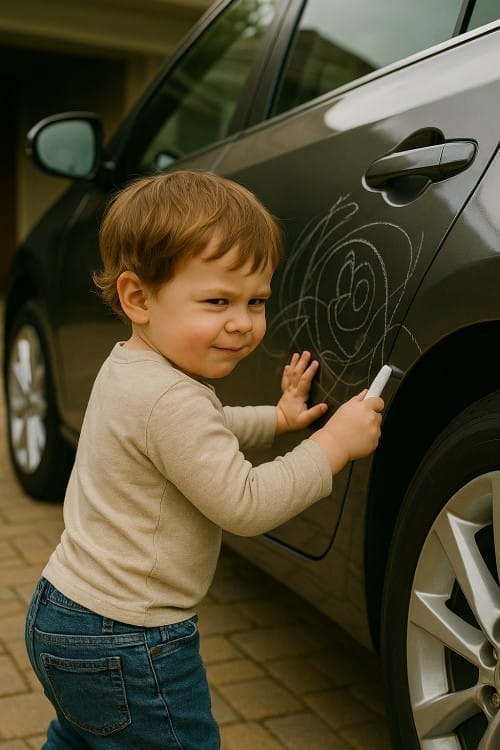
This is why people put themselves down or are hard on themselves. And this is also why so many people never break through their own self-imposed glass ceiling to achieve greatness in their field. It’s also the root cause of frustration, impatience, self-doubt, and anger.
Unhappiness: 3-4 Years
Dreading the world, having your progress stifled, and feeling not good enough — made you unhappy.
Your default positive-nature didn’t like being unhappy. So whenever you felt down, you went to your parents for comfort, and they gave you hugs, treats, toys, and encouragement.
That developed into the deep subconscious belief that the ‘better’ source of happiness is outside yourself — pleasing others (approval) and gaining more stuff (possessions, the latest gadget, treats, rewards).

But true happiness only comes from within — positive thought. Anything outside of that is external and will fade, and the emotional-comedown makes people unhappier, driving them to chase even more fake happiness from people and things.
It’s a vicious cycle of fake happiness-highs and dissatisfying unhappy-lows. It becomes the root cause of unhappiness (emptiness, discontentment, dissatisfaction, depression, etc).
Conformity: 4-5 Years
When you tried to be yourself, express yourself, or do things in your own unique way, you're individuality was often reigned in.
You were told to stop being silly, or be quiet, or that’s not how you draw horses, or no you can’t do/be/have that! Just in time for pre-school, where you were forced to do exactly what everyone else did — or you were corrected.
That developed into the deep subconscious belief that you have to do what others expect, prefer, or demand — so you don’t upset people, you’re liked more, you fit in, or avoid conflict. You conform to the norm.

This belief is what makes people subconsciously live their dreams in ways that keep others happy, rather than doing what they really want to do to make themselves happy — and then secretly resenting others for ‘making them’ do it. It’s the root cause of depression, resentment, and unfulfilment.
Distraction: 5-6 Years
And now you start fretting about pleasing others — mostly worrying about what you might do in the future that could upset people (worry); and never forgetting what you did do in the past that did upset people (regret).
Your positive nature was once present, living moment to moment. But now you have to leave the joy of the present, to go into the mind and fret about upsetting people — because the mind is the only place where you can access the future (worry) and the past (regret). And so you withdrew from life now.
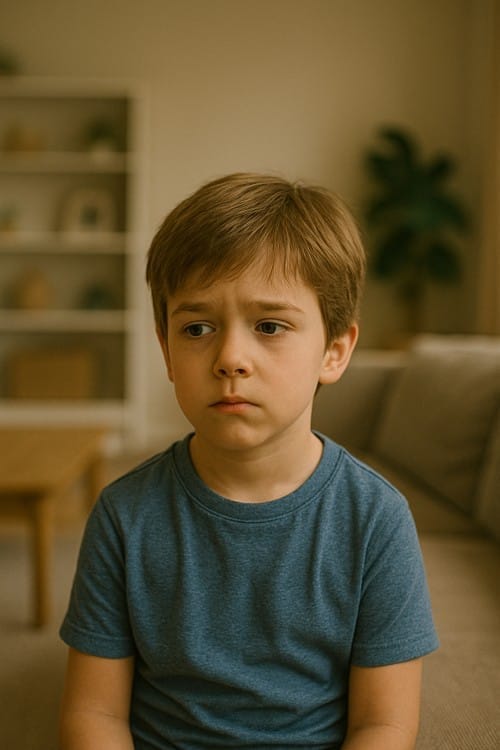
This same subconscious habit is why people spend way too much time in the mind — out of the moment, worrying and regretting, overthinking, ‘off with the fairies’, or daydreaming about the perfect conflict-free life. They lose their true focus and direction. It creates absent-mindedness and accidents. And it’s the root cause of worry, stress, insecurity (future worry); and regret, remorse, and guilt (past regret).
Ignorance: 6 - 7 Years
And finally, to cap off the fear program, you give in and accept it. You look around and see everyone else caught in the same cycle of fear-based self-limitation and self-suppression as yourself.
The kids around you are doing it. Your parents, teachers, and mentors are doing it. You see hours of it on TV, in movies, games, and books. And now you’re doing it.
It doesn’t seem right. You want to question it. But nobody else does, so you don't either — just in time for lower school, where you’re “taught” to do as you’re told without question.

This combined into the deep subconscious belief that fear must be normal — don't question it. This same belief makes people accept life without question or rebellion. And that ignorance is what allows fear to run amok in the background of the mind … without question.
The Damage is Done!
By the age of seven years old, you've already acquired the foundations of a fully operational fear program. It’s strengthened further from 7-14 years of age, and individualised from 14-21 years of age.
By age 21, your fear-program is ‘polished to imperfection’ — with your inherent negativity ironically celebrated on your 21st birthday by drinking beer from a yard glass as fast as you can, before throwing up in the bushes.
That same fear program has been with you ever since — getting progressively worse and dominant as you have gotten older.

The Childhood Fear Program
The average fear program running in the background of a people’s mind can be summarised as the following:
I can’t do what I really want to do in life because:
“The world is a scary place, bad things happen, people can’t be trusted, and there’s never enough (Dread); so it’s too overwhelming to venture out into the world and make any form of progress (Stagnation); and I’m not good enough to do things well anyway (Mediocrity). Consequently, I can’t really enjoy myself, nor do I like myself as much anymore, and that makes me unhappy (Unhappiness). So I will make myself ‘happy’ again by seeking the external happiness (and things) of others; by doing what others expect me to do, to keep them happy (Conformity); planning my life around them, to avoid upsetting them (Distraction); and living the same life they do, without question (Ignorance).”
No wonder so many people don’t live their dreams!
Bullshit!
You might now be thinking, “Hang on a second! That’s not me! I don't think like that!” And that’s true. You don’t think like that consciously, but I’ll guarantee you think like that subconsciously!
The above fear program was developed subconsciously, which means it operates subconsciously — beneath your conscious awareness, and without your conscious consent.
In other words, your mind thinks some variation of those fearful thoughts above, yet it’s done in the background of your mind, just below your level of awareness, so you probably have no idea you’re thinking it, most of the time.

It’s the biggest problem you don’t even know you have!
Did You Know?
Did you know you brought that childhood fear-program with you into adulthood?
Did you know it now runs in the background of your mind; making you subconsciously think anywhere between 2,000 to 10,000 fear-based thoughts every single day; secretly limiting everything you do in life, and every aspect of who you are as a person?
Did you know this is why people sometimes feel bad and don’t know why, or react badly and don’t know why, or go downhill and don’t know why?

Did you know it’s why so many people don’t find or live their true purpose in life, and why they now have a subtle yet constant nagging dissatisfaction with their current life choices!
If you didn’t know — don’t feel bad. Most people don’t. But now you know. You may not have noticed yourself subconsciously thinking it, but I’m sure you’ve felt it, or seen yourself do it, or seen others do it.
What's the Solution?
So what do you do about it? How do you conquer fear? The solution is very simple: Do the opposite!
Your fear-program believes you can’t live your dreams because: the world is a scary place, progress is pointless, you’re not good enough, and happiness is external; so you need to do what others expect, plan your life around their needs, and live the same life they do. Therefore to beat it, you simply have to do the opposite, which would be:
Do what you’ve always wanted to do in life (Adventure); step by step, one step at a time (Progress); to the very best of your ability (Talent); so you enjoy what you do and it makes you happy within (True Happiness); so you’re less likely to need the external approval of people and things, and more likely to live your dreams in your own unique way (Passion); with your own unique focus and direction (Inspiration); to find your own unique truth (Understanding).
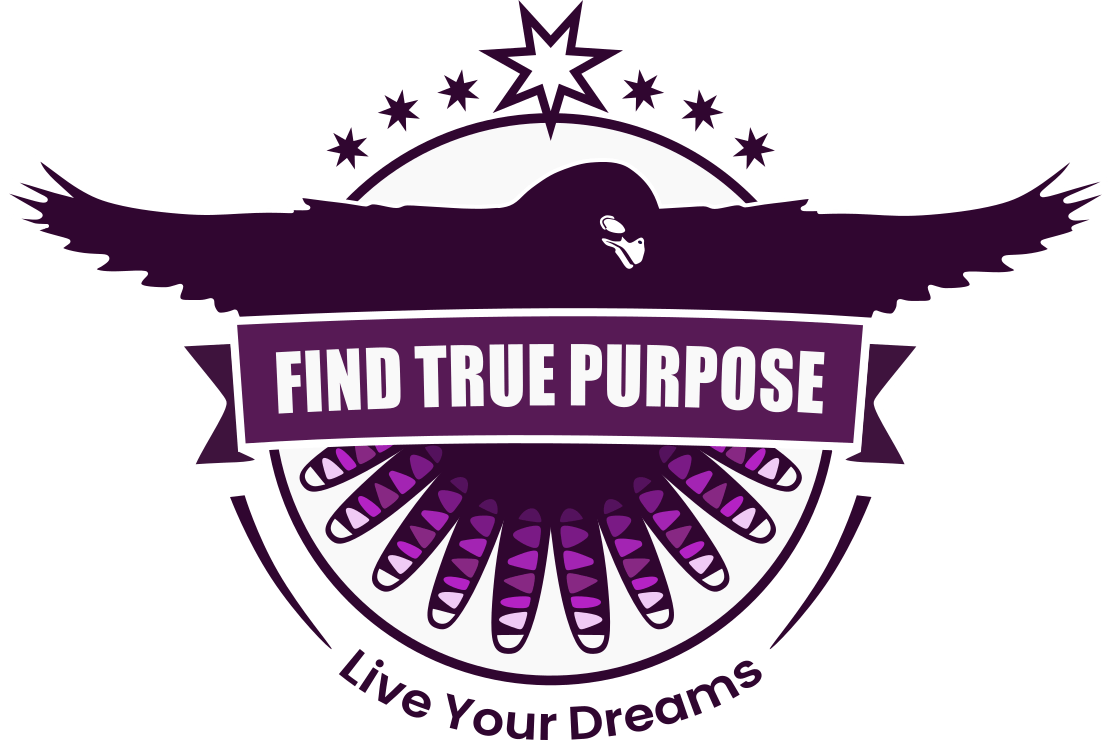
That’s your true purpose. That’s what you’re meant to do in life. That’s who you’re supposed to be as a person.
And living such a purpose will prove your fears wrong, gradually and permanently dissolving them, layer by layer. No therapy. No talking about your feelings. No delving into your traumatic past. Just living your fears out of existence, in the most fun way possible.
It's the secret to true lasting happiness. It's what leads to great talent and success. It creates more wealth and opportunity. It promotes better health. It gives your life purpose and meaning.
You can live that purpose any way you like - hobby, sport, club, passion. But the ultimate purpose is living your true purpose as a business or career — doing what you love for a living, and getting paid for it!
Living your true purpose will be the most exhilarating fun challenge of your life. It’ll change you — most of which will be proving to yourself in real life that the irrational fear that was previously holding you back from doing it … was bullshit all along!
But first you have to find it. That’s why I created the Finding True Purpose Workshop. It shows you how to find your own unique true purpose in life — the perfect business, career, or pastime for you. If you want to find out what you’re supposed to be doing with your life — it all starts here.
Most Popular
Latest Posts
The Author
Matt Corcoran is the founder of Find True Purpose. He has studied the purpose and meaning of life for more than 30 years, as a passion, a complimentary therapist and practitioner, and living his own big dreams.
NEW EBOOK COMING SOON
We have a new eBook and it's going to blow you mind. We are writing it as fast as we can, and plan to release it in the few weeks.
Our Workshops
Follow Us
ABOUT US
An incredible video series about the true purpose and meaning of life, inspired by an out of body experience ... and it's absolutely mind blowing (non-religious).
Our content is generated by real humans — not AI
